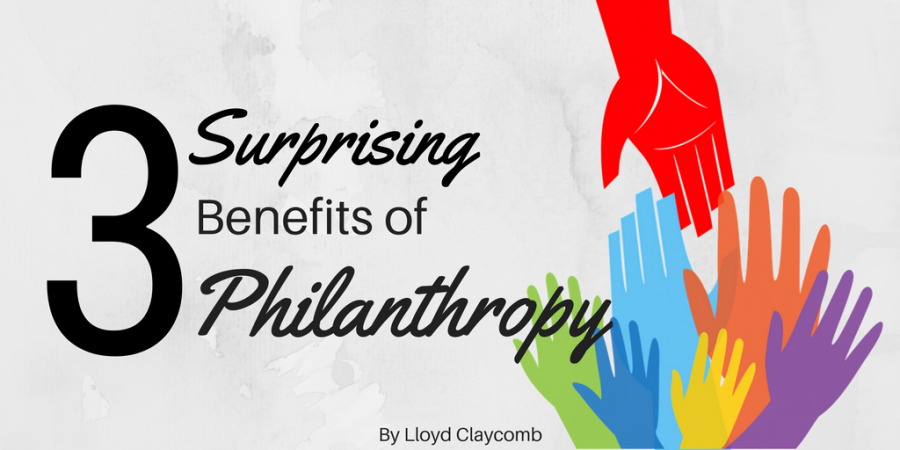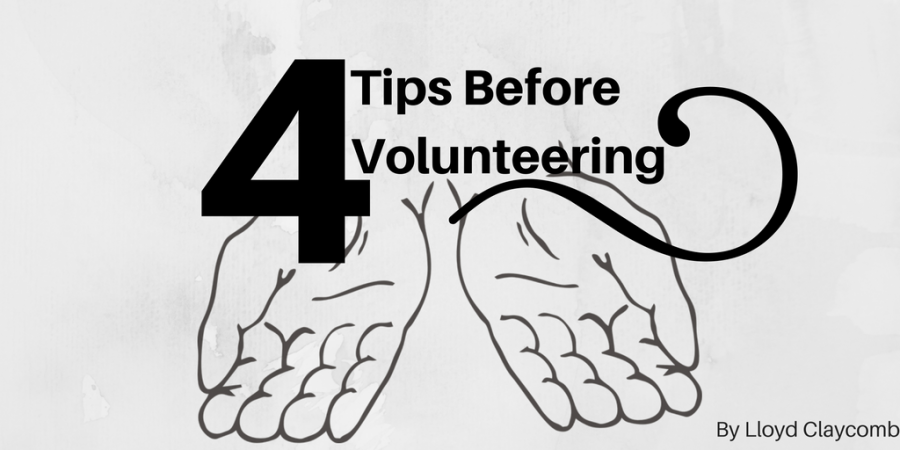It’s no secret that philanthropy — and the act of giving in general — benefits the ones being helped. However, what you may not be aware is just how much philanthropy benefits the giver, too. Aside from the satisfaction of helping those less fortunate and knowing you’ve done a good deed, philanthropy acts can benefit you in numerous ways that you may have never even considered.
More and more studies are being produced highlighting the personal advantages of giving back. Researchers have dubbed these benefits the “giver’s glow” and the “helper’s high.” Reports indicate that those who volunteer their time and services to help others experience a myriad of positive effects. In overwhelming majority, people who give experience an overall enriched sense of well-being and purpose, less stress, and greater happiness. Alongside these positive spiritual and emotional benefits, philanthropy can also have positive effects on your physical health, too.
- Volunteering can help extend your life expectancy. A study in the 2013 journal of Psychology and Aging shows clear evidence that “volunteering is predictive of reduced mortality risk.” Though at this point it’s unclear why volunteering can lengthen your lifespan, the correlation between the two is astoundingly clear, and this could be a huge discovery as the baby boomer generation moves towards retirement.
- Volunteering can help lower your blood pressure. Although — much like the increased life expectancy — it’s unclear as to why volunteering can lower your blood pressure, the evidence is once again there to support the claim. Many believe that the impact that philanthropy has on blood pressure is due to the ways its inherent nature of being both physically active as well as altruistic can reduce stress. Since volunteering proffers an opportunity for people to expand their possibly limited social circles, it allows them to improve their sense of well-being through interactions with others.
- Philanthropy can help reduce your stress levels. In addition to increasing your sense of self-worth, volunteering can also help reduce the amount of stress that you experience. By donating your time to help others, you will experience a new sense of meaning in life which can be stress reducing. Paradoxically, those who donate their time also feel as though they have more time themselves, which in this stressful, busy world can be incredibly cathartic.
One of the most incredibly aspects of philanthropy is that, despite being an intrinsically selfless deed, it helps both the giver and the receiver immensely. As social creatures we, as humans, are hardwired to want to help one another, and when we do, we experience the benefits as well. As the poet Ralph Waldo Emerson once said, “It is one of the beautiful compensations of life that no man can sincerely help another without helping himself.”




